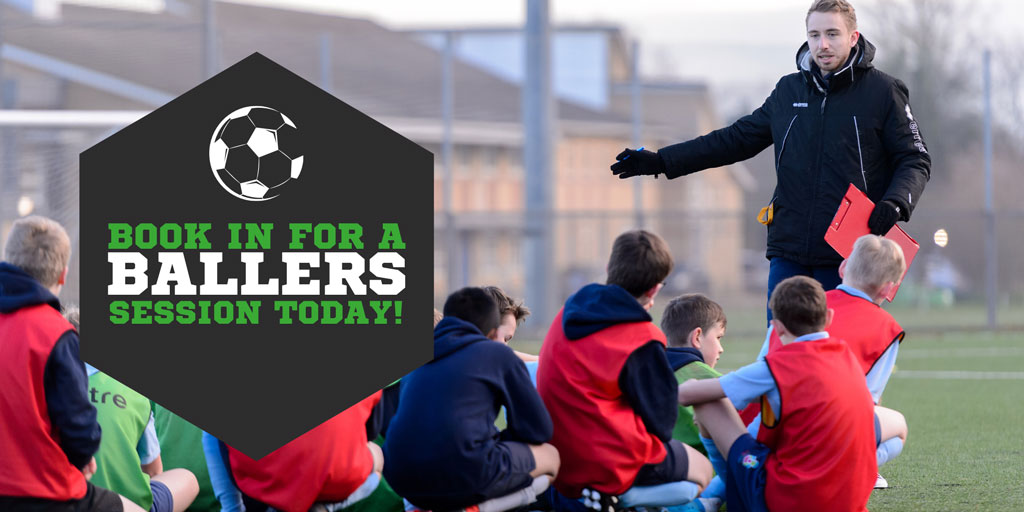In the UK, football is the most popular sport to watch and play, with around 1.5 million playing the sport at least twice per month. That figure has dipped in the last few years, but viewership has never been higher.
Nearly a third of players are 5–10-year-olds, with just under 50% of 11–15-year-olds playing football monthly. The most successful programmes for children engage parents, ensure safety, and build confidence.
A positive atmosphere is key for a healthy relationship with sport and physical activity as a child grows. Children that don’t enjoy the environment are less likely to develop physically in the sport. And as a stepping stone to professional sport, the greater the positivity, the greater the growth.
Leading research in smart learning environments has found that children show increased motivation when they learn through games. Ballers use games that test their ball control and even knowledge of angles to create that environment. Whether child or coach-led, this learning style expands past the session, encouraging them to be better learners throughout their lives.
The need for competition can often split parents since it isn’t clear what is healthy and what is unhealthy. Yet most parents, around 90% in 2015, said that competition was essential to their child’s development. Football environments should encourage constructive criticism with a view to improving skill retention.
A good example of this is what we offer in the way of matches at the end of training. Children get to use their new skills and see practically how these skills work in real match scenarios.
At Ballers, healthy, safer football environments are at the heart of what we do. If you’re looking to expand their skills, confidence, or activity on a weekly basis, book in for a Ballers session today!



